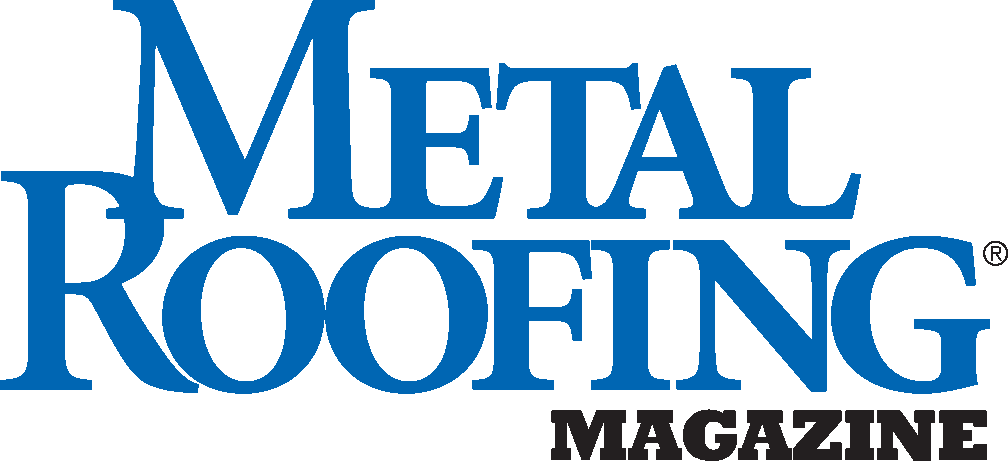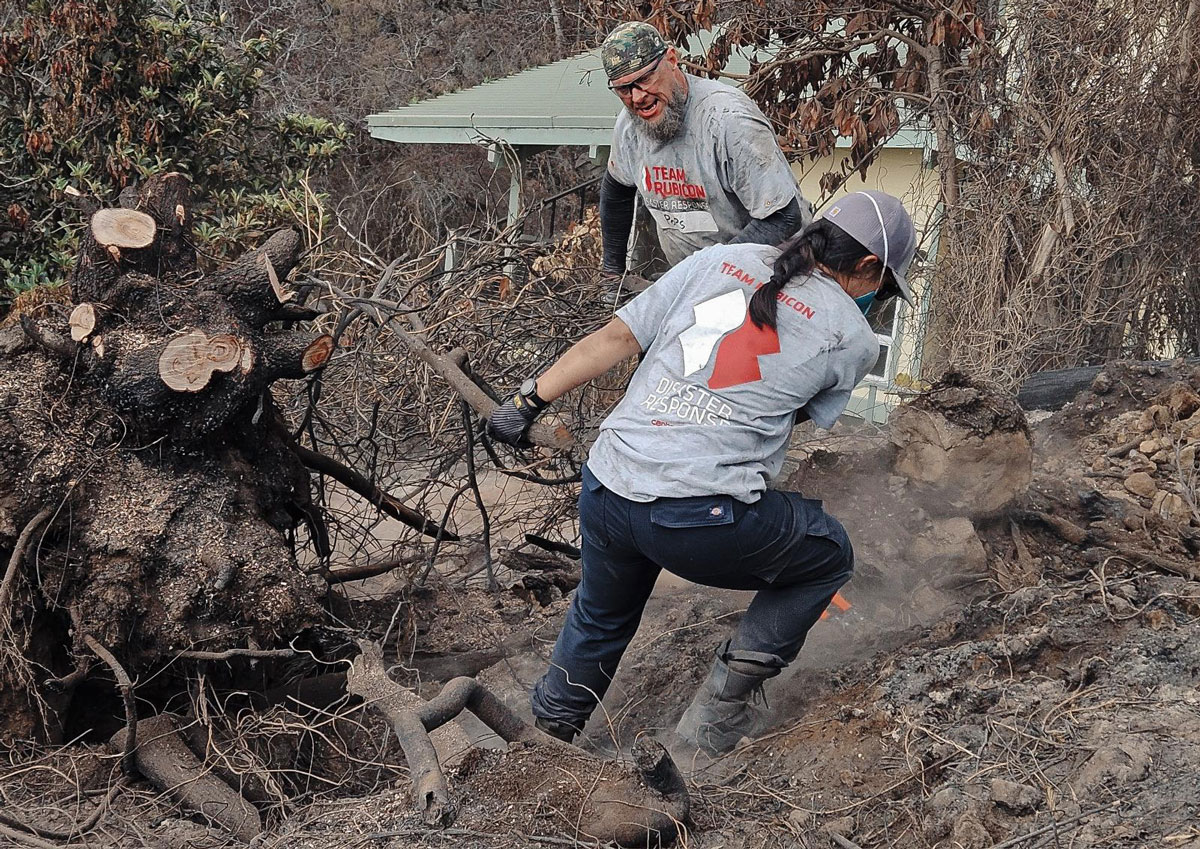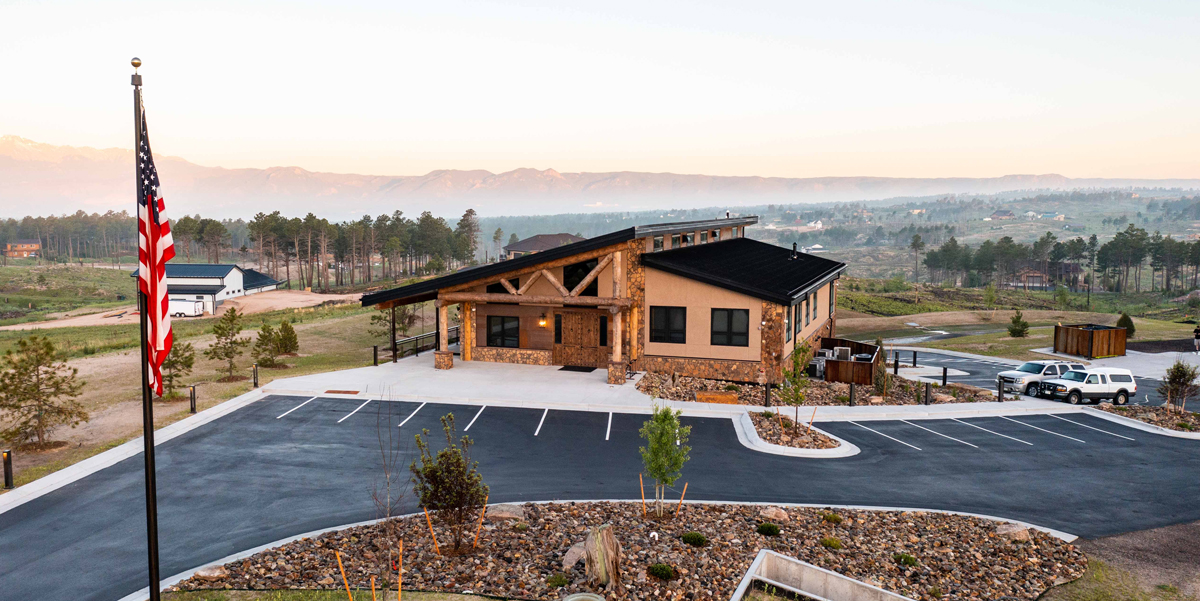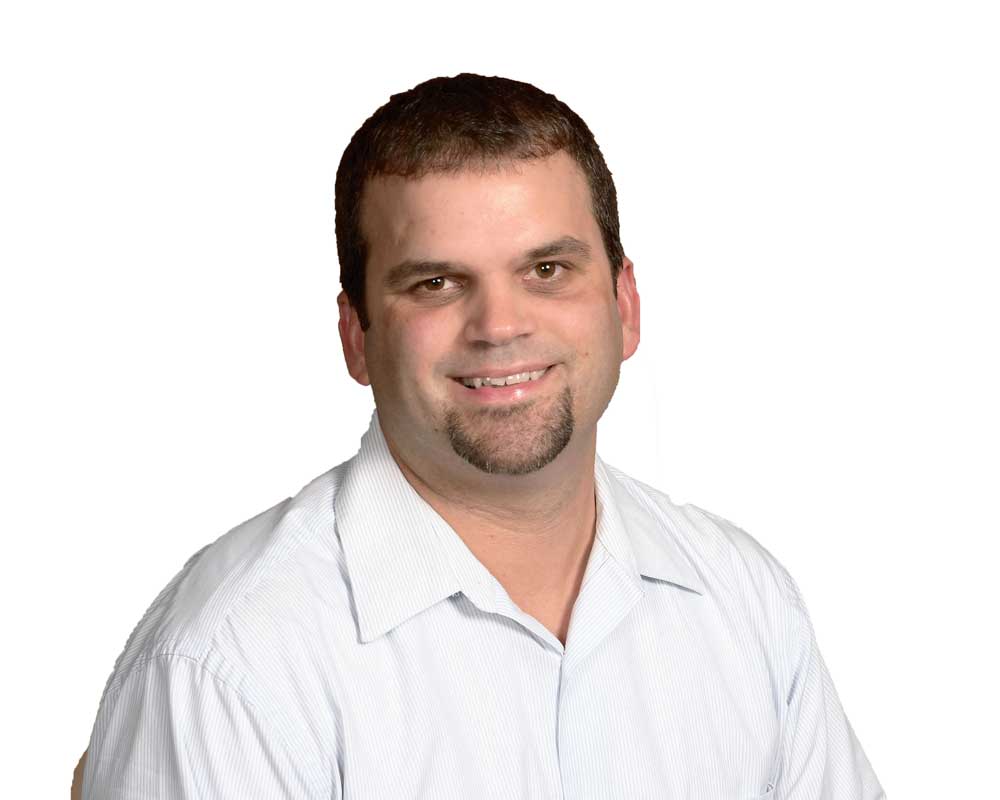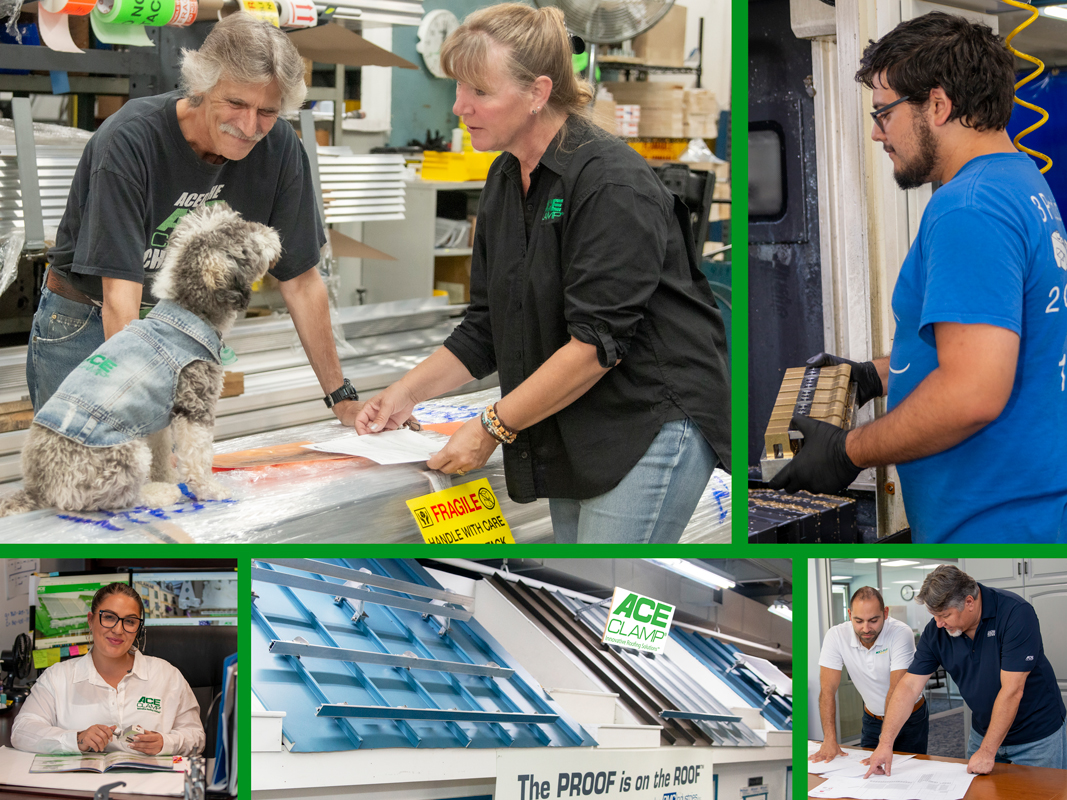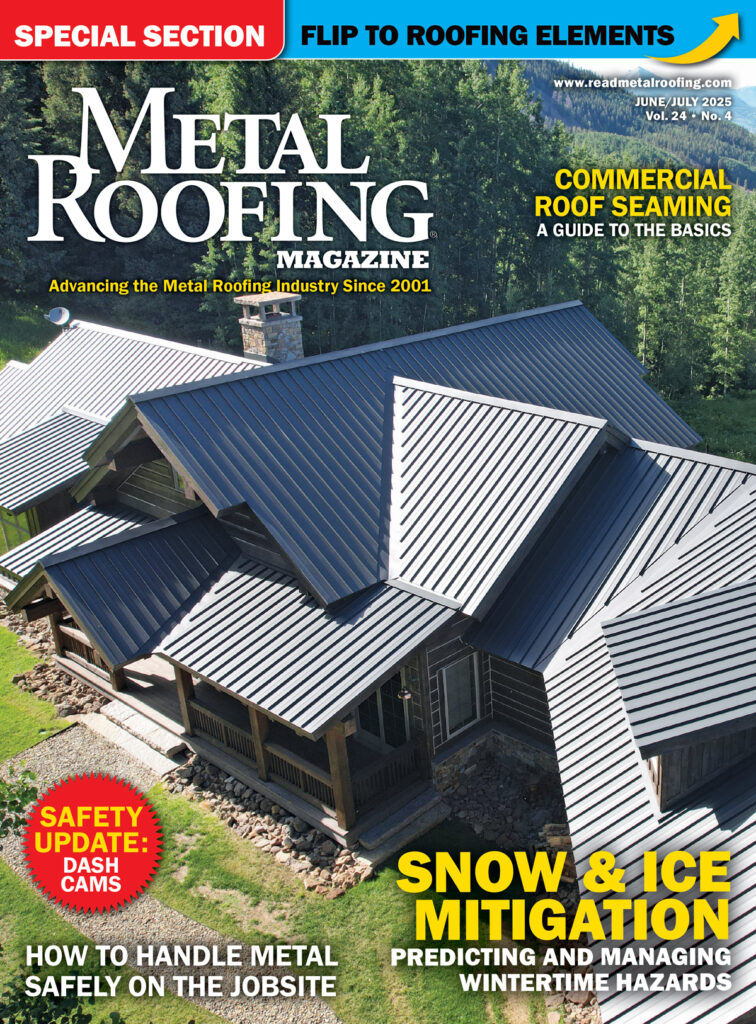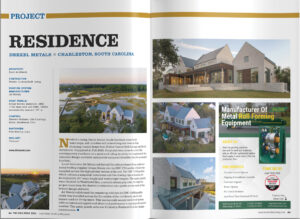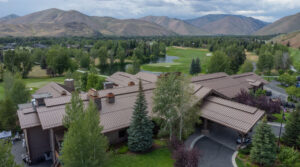By Linda Schmid
You may have heard of Team Rubicon, a humanitarian organization with local volunteers, or Greyshirts as they call them, in every state. The organization has grown from its inception 14 years ago when Jacob Wood, a Marine, pitched in to help Haiti after the 2010 hurricane that devastated the island. He met eight other volunteers during this mission, and they banded together to start a volunteer organization. Today Team Rubicon includes 160,000 Greyshirts. Once you find out a bit about Team Rubicon, you will understand how they manage to recruit so many volunteers!
Team Goals
Devon Miller, Sr. Communications Associate, explained that Team Rubicon engages in three phases of relief: mitigation, response, and recovery. Response is the part of their work that people are likely to hear about, it’s the part that the media reports on, but all three phases are important.
Mitigation is about helping people to become prepared and even avoid problems when disasters strike. For example, clearing away the brush and flammable items from yards where wildfires are a threat and sandbagging in areas that suffer from flooding.
Response is about showing up when disaster strikes and doing what needs to be done. This often means clearing the route so first responders can get to the people who need attention and organizing volunteers.
Recovery is about helping people get back into their homes. Sometimes that entails repairs and sometimes that requires rebuilding. The organization employs local tradespeople for these projects with the mindset that the money spent is invested into the local economy.
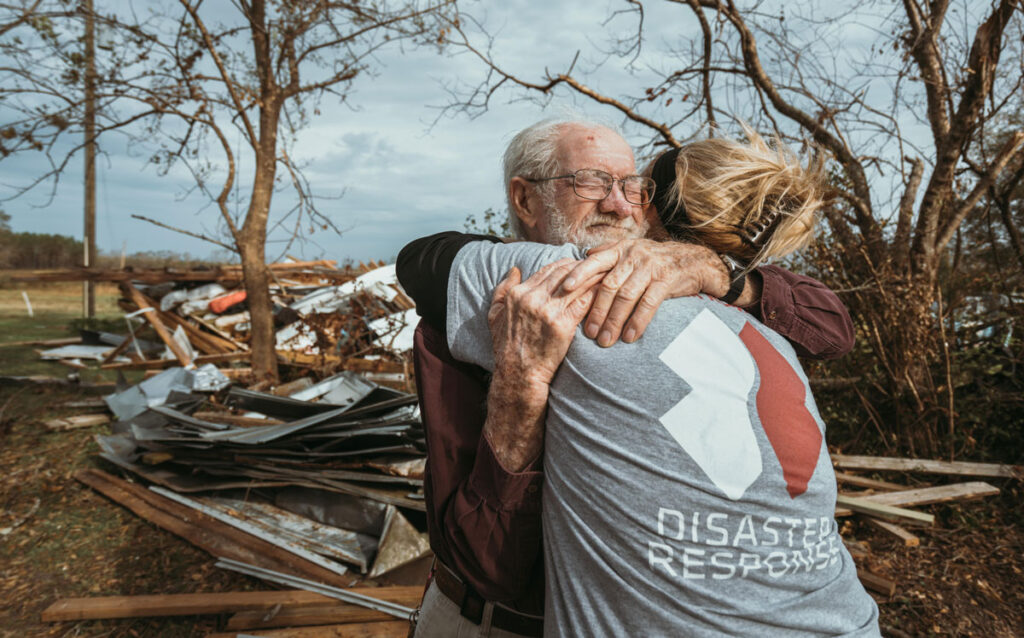
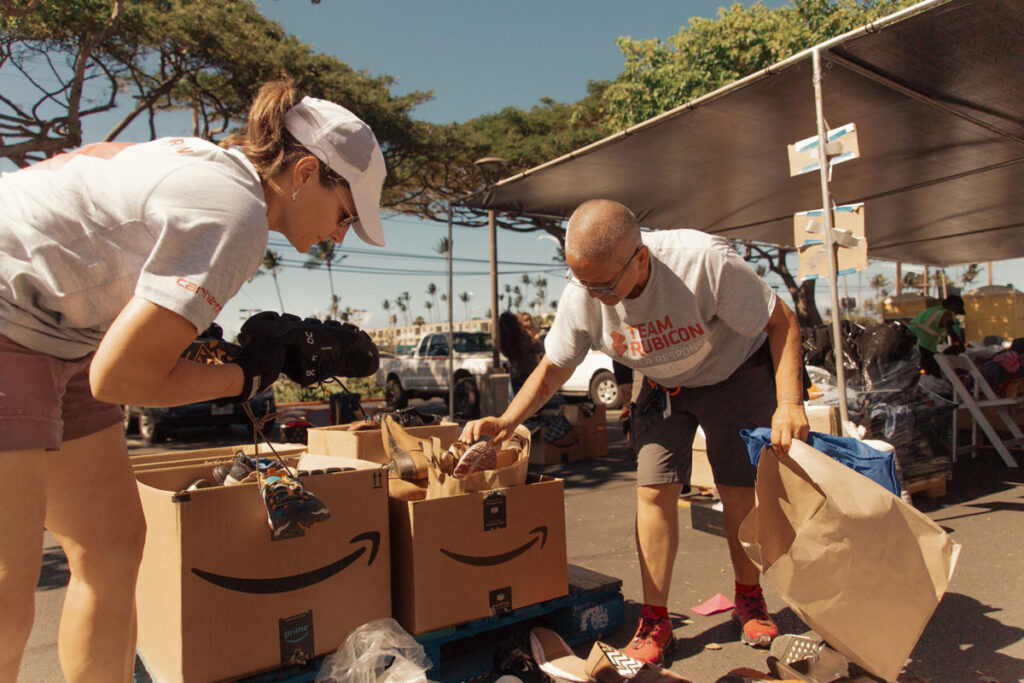
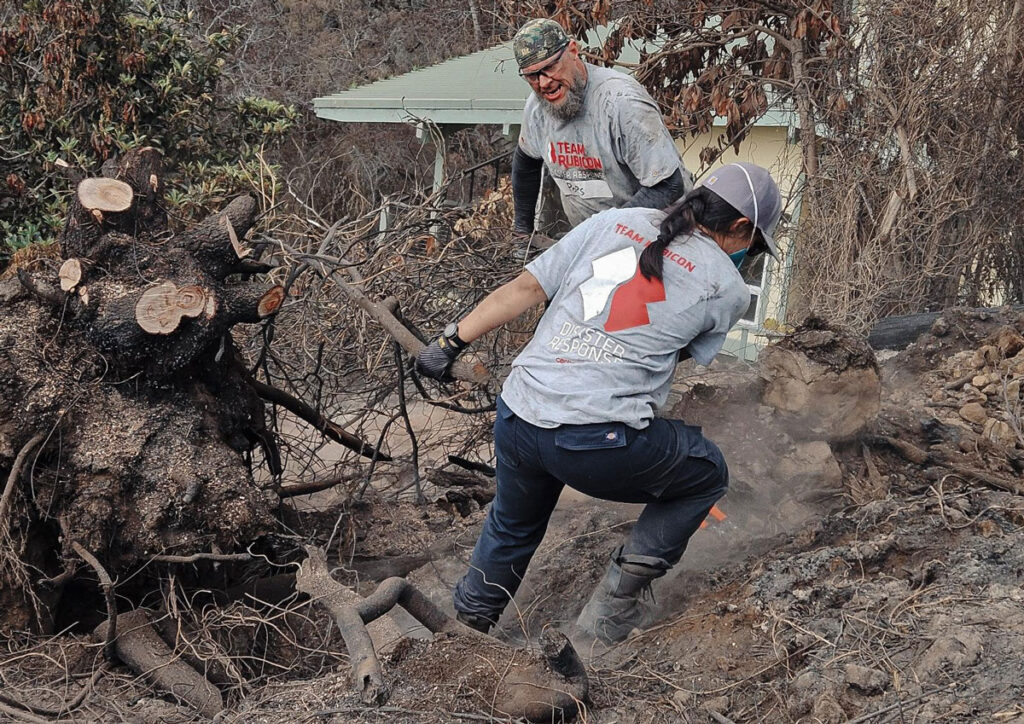
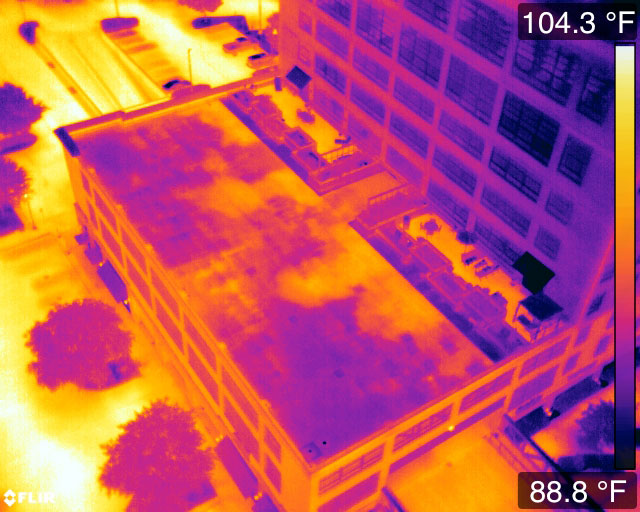
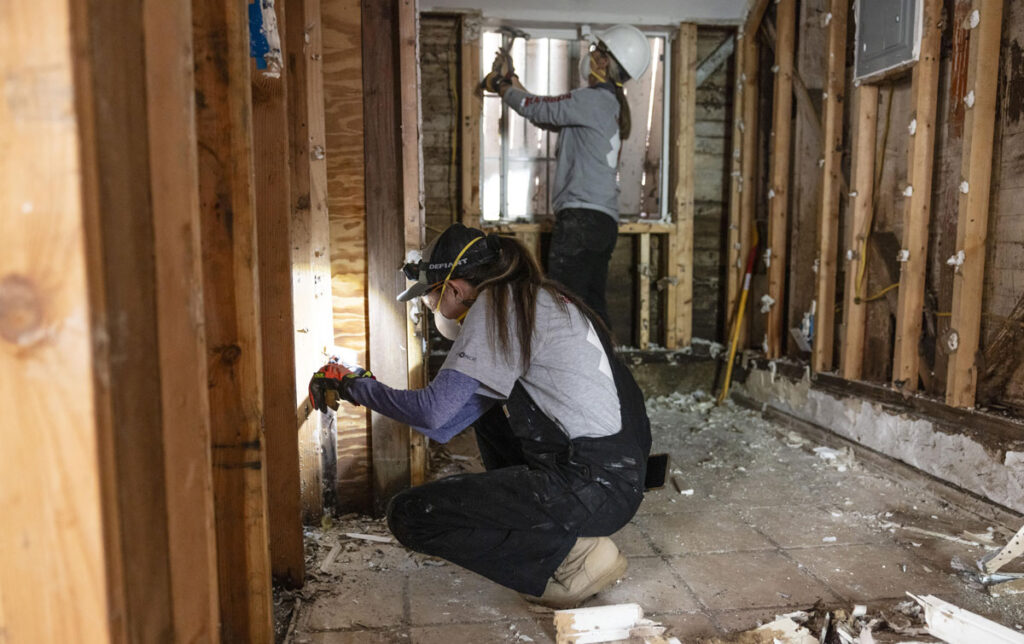
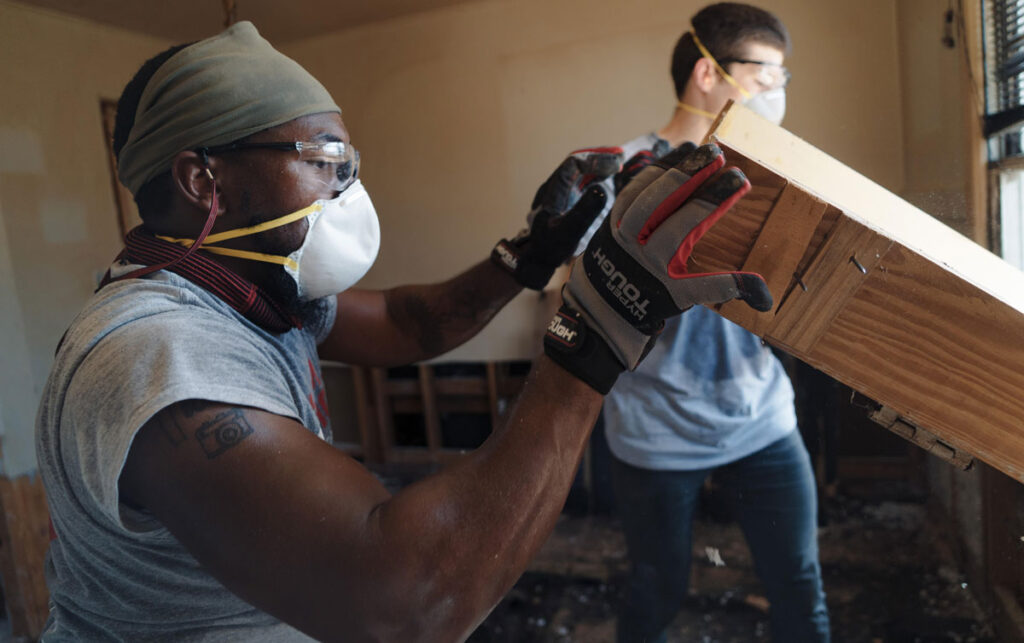
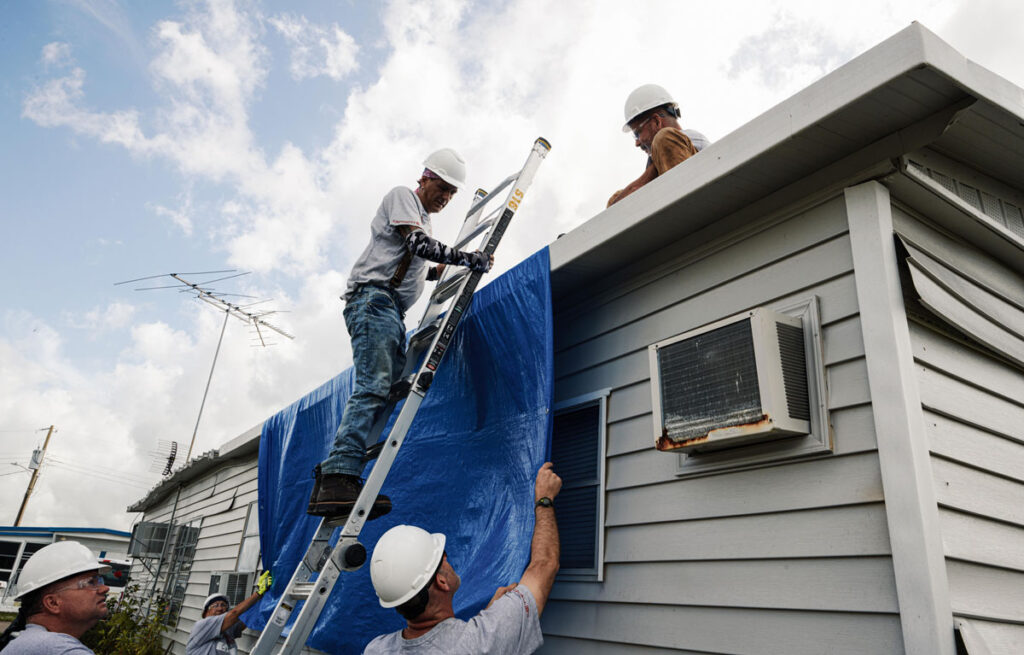
Domestic & International Services
The goal of the domestic services is to develop a bank of volunteers across the US that can jump into action when needed. Local volunteers who know the area and work to develop connections with local leaders and communities is invaluable. In times of crisis, they can help the team to find the areas where they are most needed, as well as helping them with places to shelter. Besides the local people, they have about 40,000 Greyshirts who will deploy to crisis areas as needed.
The international operation has many of the same goals as the domestic team, but there is greater focus on medical services, water, and hygiene. This is because these items are often scarce in the environment even before the disaster or crisis hit. Team Rubicon deploys mobile medical units, type 1, which means they are small and able to reach remote areas, and they are self-sustaining so the volunteers are not using resources that the locals need.
Team Rubicon In Hawaii
Team Rubicon was fortunate enough to be part of the initial response to the recent, devastating wildfires on Maui. Erin O’Rourke, Operations Manager, said they operated in the up-country region of Kula which was attacked by the same fire that did so much damage in Lahaina. Their operation consisted of clearing the access route to the area, managing local volunteers, and handling the donations that came in. Post-disaster work is continuing in the region.
The Veteran Connection
With labor shortages what they are, especially in hands-on work like the trades, one might think that it would be hard to find workers and volunteers to fulfill the team’s mission. One great resource is veterans.
The organization was developed by a veteran, and O’Rourke said, “We have found that military people are especially suited to do this work. They have the grit and determination we need.”
She explained that their volunteer activities depend on what is needed in each individual case, but often Greyshirts use power saws to cut up trees and remove them from the access route and perform other manual labor. They work in grim circumstances and may be subjected to stark living conditions, and these are things that veterans have generally experienced before.
“Working with Team Rubicon often gives veterans a sense of purpose that they may be missing after they leave the service,” O’Rourke said.
Miller estimates that about half of their volunteers are veterans. Training is provided to Greyshirts for such things as using power tools and leadership training, and some veterans have taken the skills they have developed with the organization and found employment opportunities, such as firefighting, working for FEMA, or as EMTs.
The Trades Academy
Team Rubicon is working on a new initiative; they are developing a Trades Academy. The mission is to train people in skills such as carpentry, HVAC, and electrical work so they will be able to better help with recovery, getting people back in their homes.
The Academy’s goal is to provide tuition-free training with the help of generous sponsors and partners like the A. James & Alice B. Clark Foundation. The academy will be open to all, as O’Rourke said, it’s for “people who want to give their time and make the world a better place.”
Supporting The Mission
During a natural disaster, war, or a pandemic, people need many things. Miller quoted founder, Jake Wood, “There are a thousand things that are more important than money, and all of them cost money.”
The team needs funds and volunteers, or “kick-ass civilians” who are willing to help, so they can continue coming to the aid of people in need across the country and the globe. If you would like to support Team Rubicon, visit teamrubiconusa.org/give. MR

